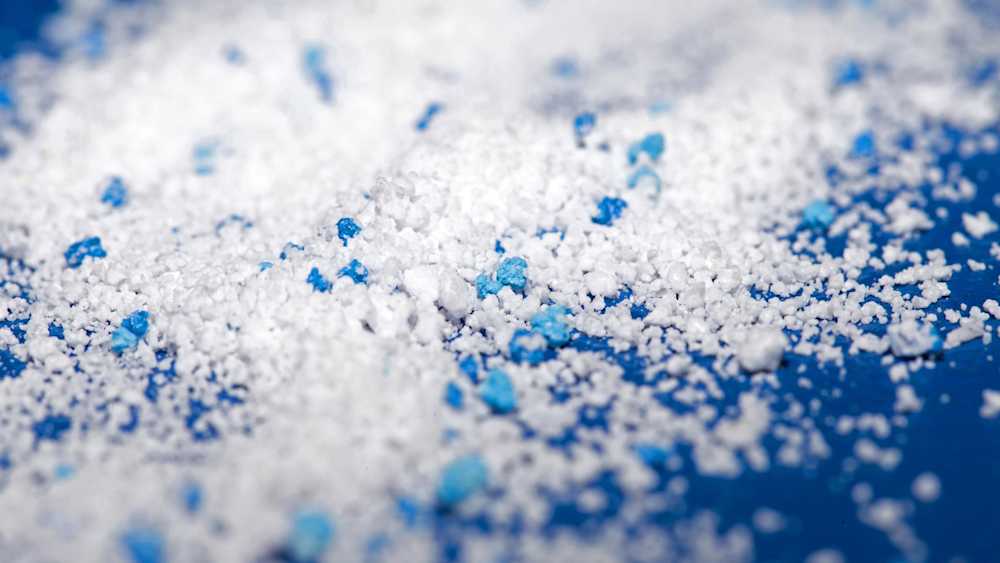Microplastics are tiny fragments (less than 5 mm in diameter) of plastics that end up in nature from sources like cosmetics, clothing, car tires, and industrial processes. There is rising concern about microplastic pollution in lakes, oceans, and drinking water, which in turn increases the demand for laboratory analyses that detect microplastics in water samples.
Which analytical methods can be used to identify microplastics?
The three main methods for detecting and quantifying microplastic concentrations in water are FTIR Spectroscopy, py-GC/MS, and Raman Spectroscopy. FTIR and Raman can determine the number of microplastic particles by plastic type and size range, whereas py-GC/MS can quantify concentrations of specific types of microplastics in mg/l. These methods can also be used to detect microplastics in sludge and soil samples.
Why perform microplastic testing on water samples?
Microplastics contribute significantly to the pollution of natural environments, from which they eventually end up in the human body. The concrete effects of microplastics on human health are still largely unknown, but preliminary evidence suggests that high concentrations of microplastics in the body can provoke stress and immune responses.1
Testing for microplastics in samples including bottled water, groundwater, and wastewater is an important way to minimize the negative environmental effects of manufacturing and waste disposal processes. As consumers become more environmentally conscious and wary of the possible health effects that microplastics can cause, testing will also become increasingly beneficial from a business perspective.
The regulatory environment around microplastic testing is evolving quickly, with intentionally manufactured microplastics being added to the EU REACH Regulation in October 2023. Further regulations to curb the release of unintentionally formed microplastics into the environment are also underway.
Which industries can benefit from the analysis of microplastics in water?
Screening for microplastics can be useful in the shipping industry, as the wastewater that cruise ships and other vessels release to the sea can contain significant amounts of plastic particles. Microplastics tend to pass through conventional filtration systems, which is why their identification from wastewater samples is crucial to the development of more efficient filtration methods.
Bottled water manufacturers may also be interested in microplastic testing, which can help reduce the amount of particles in the final product. The same goes for textile manufacturers, as microplastics released from textiles during laundering are another significant source of microplastic pollution.
In addition to industry needs, microplastic analysis can be utilized in research projects to study the concentrations of microplastics in lakes, seas, and oceans. This may interest public officials as well as researchers, as awareness of high microplastic concentrations in specific water areas can help plan efforts to reduce such pollution.
Where to get the measurements?
Measurlabs offers several types of microplastic analysis. Examples include py-GC/MS analysis and Raman screening to detect microplastic concentrations in different types of water samples. Testing can be performed using methods outlined in the recent ISO 24187 and upcoming ISO 16094 standards.
If this is something you are interested in, do not hesitate to contact our experts through the form below. In addition to providing the measurements themselves, we can help choose the testing methods and samples most appropriate to your analytical needs.

